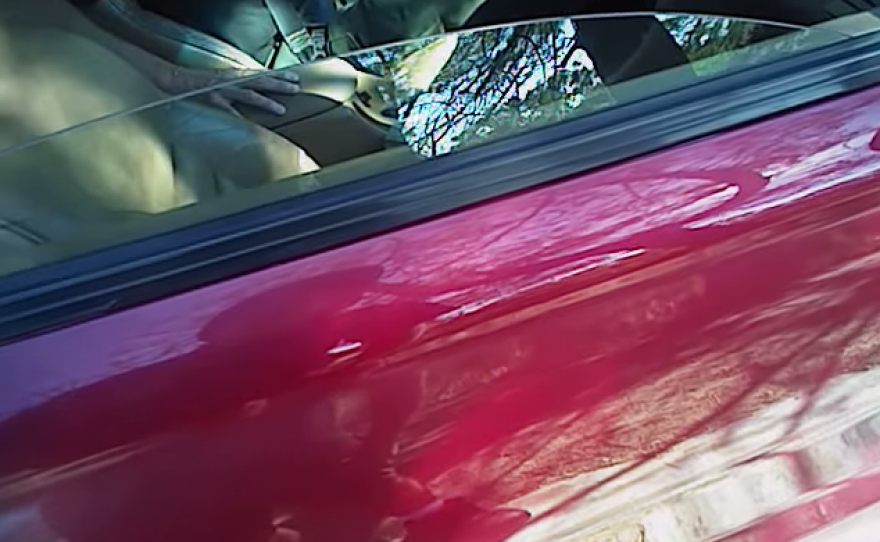Del Mar's park ranger has his body camera back on nine months after he recorded a reserve sheriff's deputy making comments laced with expletives. But the city has given new guidelines for when the ranger can record.
On March 10, Del Mar park ranger Adam Chase pulled over a reserve sheriff's deputy for driving and talking on the phone. His body camera captured the exchange, which included reserve Deputy Scott Masters challenging Chase's authority.
"You were on the cell phone were you not?" Chase asked him.
"Yeah," Masters responded.
"Are you working? Are you an emergency vehicle?" Chase asked.
The city of Del Mar released the video in September under a public records request.
In a statement when the video was released, the city's administrative services director said the city was reviewing its body camera program and would suspend use of the camera until new policies were set up.
Now the camera is back on, but with new guidelines. The ranger can record traffic stops, but not routine exchanges with the public. He'll also have to tell people when they're being recorded.
Masters was fired over the summer for making abusive remarks to the ranger during the traffic stop.
The San Diego Police Department is also expanding its use of body cameras. Currently 300 patrol officers wear body cameras, and the department plans to outfit all patrol officers with the devices by the end of next year, according to Police Chief Shelley Zimmerman.
But none of the videos they record will be made public unless Zimmerman decides they should be. She said at a community forum in October that she would consider releasing a body camera video only "if there was an incident where it makes sense for the public safety to put it out there as to whatever the video shows."







